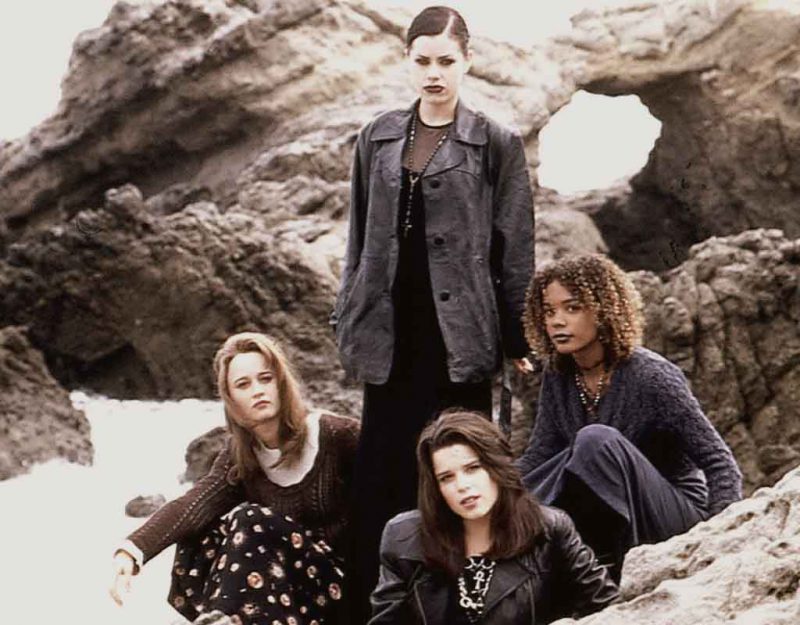Broken Windows Redux
Some time ago, we bugged you with the distinction between broken windows and broken window theories:
The broken window theory states that a broken window adds value to the economy because a replacement must be purchased and that puts money into the economy. Under this type of theory, politicians “create jobs” with regulation and welfare money grows the economy. It is the basis of our new hybrid of socialism and capitalism that relies on re-financialized debt, or the selling of obligations as if they were of positive value.
The broken windows theory states that if criminals see signs of surrender, like broken windows on a city street that have not been fixed for some time, they see this as a green light to continue committing crimes because clearly crime and vandalism are tolerated here. This theory explains what happens when the media attacks cops in Ferguson and Baltimore; the signal sent is “go ahead and riot, no one can stop you now.” It also shows why apologizing for imagined slights by protected groups always signals the herd to attack.
As if reading our minds, the Wall Street Journal noticed how a retreat from broken windows has brought about an epidemic of shoplifting:
Broken windows originated in a 1982 article for the Atlantic magazine by James Q. Wilson of Harvard and George L. Kelling of Rutgers. They argued that if you sweat the small stuff that really makes city residents feel unsafe (aggressive panhandling, public urination, petty crime), you’ll catch problems before they metastasize. Their metaphor was the broken window.
“If a window in a building is broken and is left unrepaired,” they wrote, “all the rest of the windows will soon be broken.” Broken windows are “a signal that no one cares”—an emboldening message for those who would commit serious crimes.
Though broken windows revolutionized policing and transformed New York into America’s safest big city, it has since come under attack. Many conflate it with a “zero tolerance” approach, or with stop and frisk, which is a tactic. Although imposing consequences for lawbreaking is a critical component of broken windows, its real aim was to restore public order by giving police and local authorities more discretion.
When you systematically impose order, as conservatives do, you deter further crime and breakdown; when you reward individualism, as Leftists do, you get more disorder because each person does what they want, expects someone else to pay for it, and demands that society give them things so that they do not have to think about them.
Call it the diaper citizen approach. Your average bourgeois dweller wants a hybrid between libertarianism and socialism where they keep most of what they get, but society externalizes their messes and manages their lives so that they can spend full time thinking about entertainment, personal drama, and socializing.
Each time one shoplifter gets away with the crime, two others decide to try their hand at crime, too, since the risk of getting caught is low and therefore the penalties do not matter as much. We should, instead of following the usual wet streets make rain approach of the news, ask what the cause is of our abandoning broken windows.
Most likely, we are seeing the long fallout of the Ferguson Effect which intensified with the George Floyd riots and convictions.
If you recall, the Ferguson Effect referred to what happened after a police officer shot a misbehaving felonious minority youth and after several days of riots and the police officer being fired, other police officers simply stopped noticing minority crime. If an arrest could end in a shooting, shatter their careers, make their names known worldwide in a negative light, and starve their families, there was no point risking it; let them eat each other.
The Meta-Ferguson Effect, on the other hand, refers to how people who are not police officers view what happened in Ferguson. When the police backed down, it signaled to the rest of us that any group of non-majority people can detroit any community by showing up, discovering “racism,” and driving out the majority people who want things like police patrols.
Police became afraid of busting minorities because if the minority suspect acted up and got beaten or fell, the police would be charged. They might, like Derek Chauvin, end up indicted for homicide despite the suspect having died of a fentanyl overdose.
As a result, they just drive on by when they hear those windows breaking.
Tags: broken window, broken windows, ferguson effect, stop-and-frisk, zero tolerance










